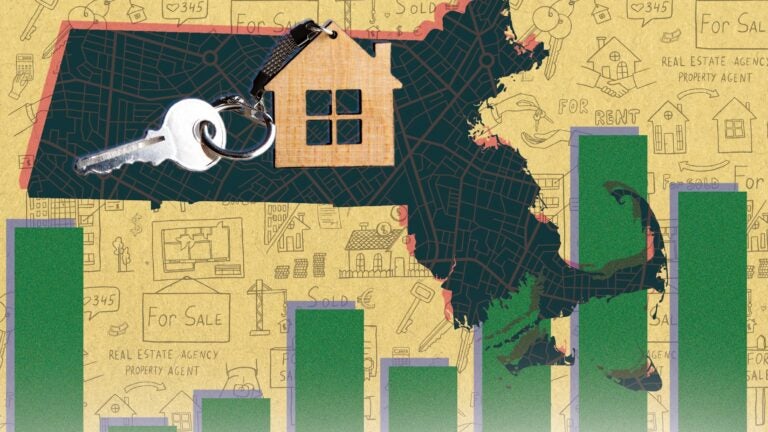T
he 35‑day federal shutdown that began on September 30 ended on November 12 after a House vote that followed a bipartisan Senate deal. The closure halted several housing‑related programs, let the National Flood Insurance Program lapse, and dented consumer confidence. A funding bill now awaits the President’s signature.
In Washington, Treasury Secretary Scott Bessent said the Federal Reserve could lift the housing market out of a recession. “Mortgage rates are the biggest hurdle,” he told CNN. “If the Fed can bring them down, the housing recession ends.” The Fed does not set rates directly, but its policy moves influence them; recent cuts were largely priced in, leaving rates unchanged.
Fed Governor Lisa Cook, speaking after President Trump’s attempt to remove her, acknowledged that shutdown‑related data gaps—such as the missing October CPI and jobs reports—could affect policy. “We’re not flying blind,” she said, noting the Fed’s use of a wide array of real‑time data and that policy is not on a fixed path.
The Federal Housing Finance Agency (FHFA) is close to adopting FICO’s 10T credit‑score model. Director Bill Pulte announced the agency had validated both FICO 10T and VantageScore 4.0 in 2022, and that Fannie Mae and Freddie Mac already accept VantageScore 4.0. The new score could improve consumer protection and mortgage‑market safety. Meanwhile, the FHFA’s acting inspector general, Joe Allen, was removed amid concerns over the agency’s cooperation with its internal watchdog. Ethics officials at Fannie Mae were also dismissed following an investigation into how Pulte accessed mortgage documents of elected officials.
Fannie Mae has eliminated the minimum credit‑score requirement for loans processed through its Desktop Underwriter system. Starting November 16, new loan files will no longer need a 620 score for a single borrower or an average of 620 for multiple borrowers. Other lending changes may follow, as the administration considers 50‑year mortgages and portable mortgage options.
The Consumer Financial Protection Bureau (CFPB) faces a looming funding crisis. A November 10 DOJ legal opinion stated the CFPB cannot be funded by Federal Reserve revenue because the Fed operates at a loss. The bureau is expected to exhaust its current funds by early 2026, and the administration plans to shut it down within two to three months, according to the Office of Management and Budget.
Overall, the shutdown’s impact on housing programs, credit‑score policy, and regulatory funding underscores a broader shift in federal housing policy and financial regulation.














